Erdoğan’s Türkiye, stet
Türkiye has seen steady development under the leadership of Recep Erdoğan despite domestic and international crises and a difficult neighbourhood. It now has a solid middle class that has voted Erdoğan back as President.
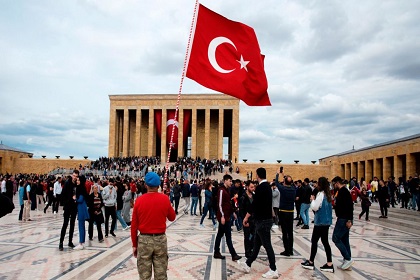 Courtesy: Hey Tripster
Courtesy: Hey Tripster
Türkiye has seen steady development under the leadership of Recep Erdoğan despite domestic and international crises and a difficult neighbourhood. It now has a solid middle class that has voted Erdoğan back as President.
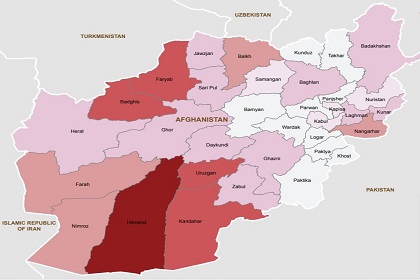 Courtesy: UNODC
Courtesy: UNODC
The Taliban's resurgence since 2001 has been largely funded by the creation of an opium economy and extortion. Now, with the withdrawal of U.S. troops, legitimate aid from Afghanistan and the freezing of Afghan funds abroad, the Taliban will revive its informal sources of finance to stay afloat. A look at the financing that brought the Taliban back to Kabul.
 Courtesy: Western Naval Command
Courtesy: Western Naval Command
China has expanded its presence in the Indian Ocean Region. President Xi Jinping has abandoned Deng Xiaoping’s conciliatory posture for an aggressive, money-fuelled search for super power status
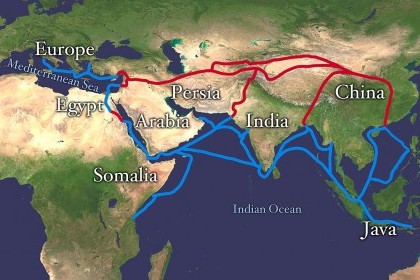 Courtesy: Wikipedia
Courtesy: Wikipedia
Experts at a recent conference on China’s Belt and Road Initiative, hosted in Istanbul, spoke of its many advantages to the region, but also on the challenges involved in attracting financing
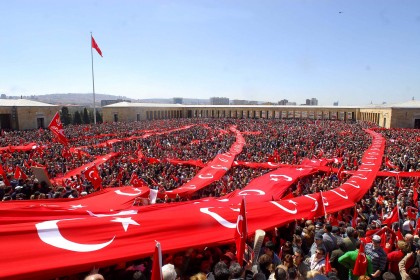 Courtesy: Wikipedia
Courtesy: Wikipedia
It was the iron will of the citizens of Turkey and their uncompromising belief in the deeply rooted democratic traditions and institutions of the country which proved to be critical in defeating the July coup attempt. Turkey will continue the reforms which have made it a shining light in the region
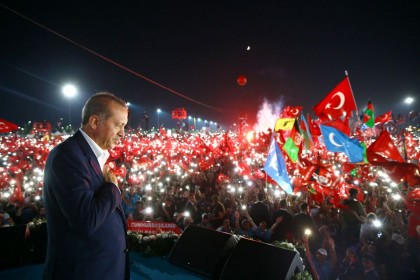 Courtesy: Yahoo
Courtesy: Yahoo
The July coup in Turkey did not achieve its objective of eliminating President Erdogan, who has, ironically, emerged a ‘national hero.’ Does this signal a new beginning? An analysis of the factors impending upon the colossal repair-and-rebuild task before the country.
The unfolding coup in Turkey demonstrates the instability that the nation has fallen into. Terror attacks like the one in Istanbul airport was the most high profile targeting of Turkey by ISIS and other extremists. This is the outcome of Turkey’s crackdown on internal popular protest, on allowing itself to become the highway for extremists, refugees and weapons to disparate terrorist groups and being a willing proxy for the major powers contending in Syria. The increasing frequency of the attacks in Turkey reveals a similar pathology to Pakistan, which is now in a low-grade civil war. Is Turkey going down the path of Pakistan?
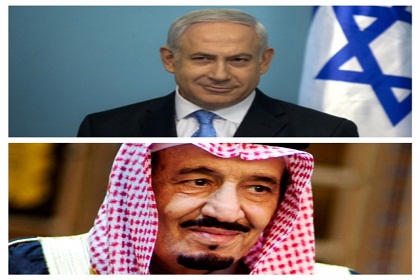 Courtesy: Wikipedia
Courtesy: Wikipedia
The announcement in June of a Saudi-Israeli alliance against Iran has to be seen in the context of the strategic dimensions of India’s relations with Saudi Arabia, Israel, Iran, and the U.S. And it has far-reaching implications for India’s policy towards West Asia
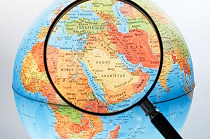 Courtesy: Synthesio.com
Courtesy: Synthesio.com
Many Arab Republics are mired in political discord after the departure of the old tyrannical regimes opened up spaces for new struggles. In Iraq, Yemen, Libya, and Sudan, attempts to address the turmoil through constitutional reform are facing challenges. Will a democratic federalism be attained when the battles are done?
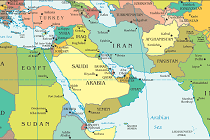 Courtesy: Wikipedia.org
Courtesy: Wikipedia.org
The rise of the militant ISIS will alter the stability and future of all West Asian countries, and can impact India in multiple ways. India must re-evaluate its West Asia policy, and address the safety of its nationals in Iraq, the security of its oil supplies, and the fallout on South Asia of this resurgence of strife